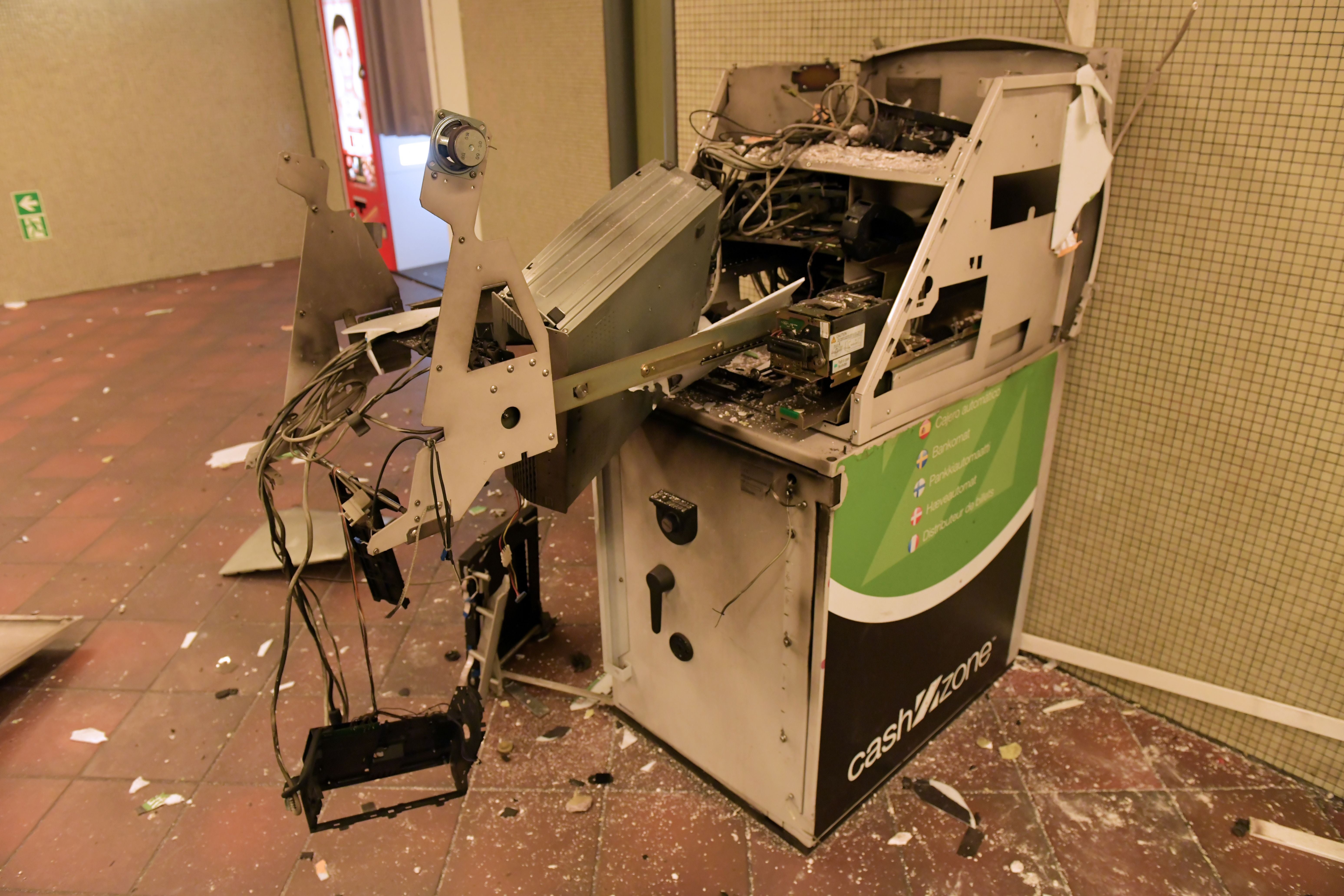Europol says ATM attacks suspect blew himself up while filming ‘tutorial’
Authorities said that a 29-year-old individual and his 24-year-old accomplice were running an illegal training centre for ATM attacks in the Netherlands

A member of an organised criminal group in the Netherlands that specialises in explosive ATM attacks blew himself up filming a tutorial, the Europol said on Thursday.
A joint investigation team, with members from the Netherlands and Germany, exposed an underground organised crime group and nine suspects were taken into custody after 18 months of joint operation, Europol authorities announced.
The criminals were producing step-by-step tutorials on how to blow up cash machines, the authorities said.
During one such filming in September last year, Europol revealed that one of the suspects died and the one other sustained serious injuries.
The investigation into the explosive ATM attacks was started in February 2020 after authorities in Osnabrück, Germany, identified suspicious orders of ATM machines from a German company.
Europol said in a statement that surveillance measures were put in place, which led the investigators to Utrecht, the Netherlands, where “a 29-year-old individual and his 24-year-old accomplice were running an illegal training centre for ATM attacks.”
The pair was ordering different models of ATMs and recording tutorials on how to most effectively blow them up. The police say that the two claimed that they were using the ATM machines for an art project in the Netherlands.
The gang has been associated with at least 15 ATM attacks in Germany, law enforcement officials said.
The total damage, including both the loot and the property damage, authorities said is estimated at approximately £1.5 million.
The joint investigation led the forces to a series of raids on 28 September. Seven houses were searched in Utrecht, Amsterdam and the Hague in the Netherlands. Three suspects were arrested who shall be extradited to Germany soon.
The other six were arrested in the Netherlands over the past year.
From 2015 to August 2020, there have been 634 ATM robberies in Germany, with robbers getting away with £26.23mn ($35mn), the German Minister Herbert Reul said last year.
The number of ATM bombings in North Rhine-Westphalia in Germany doubled since 2015 from 68 to 125 this year, with most of the increase happening in the border area with the Netherlands, NLTimes reported.
In 2020, more than 400 ATMs were blow up across Germany — an increase of 19 per cent compared with the previous year.
German authorities believe that about two-thirds of the suspects come from the Netherlands. Local reports said that because of the tight security measures adopted by Dutch banks, the criminal activity shifted to Germany.
A study titled “Preventing Physical ATM Attacks” — jointly produced by the Europol and European Crime Prevention Network — said: “Physical ATM attacks are attractive for criminals because the money is immediately available and there is no need for an extensive network to sell stolen goods. It is a convenient alternative for criminals already active in organised property crime.”
Europol also said that explosive attacks against ATMs are a “growing concern, as they often put local residents’ and bystanders’ lives in danger.”
“The cross-border investigation worked brilliantly,” Osnabrueck police chief Michael Massmann said. “This is a big blow against the international scene that’s blowing up ATMs and their criminal activities.”
Join our commenting forum
Join thought-provoking conversations, follow other Independent readers and see their replies
Comments
Bookmark popover
Removed from bookmarks